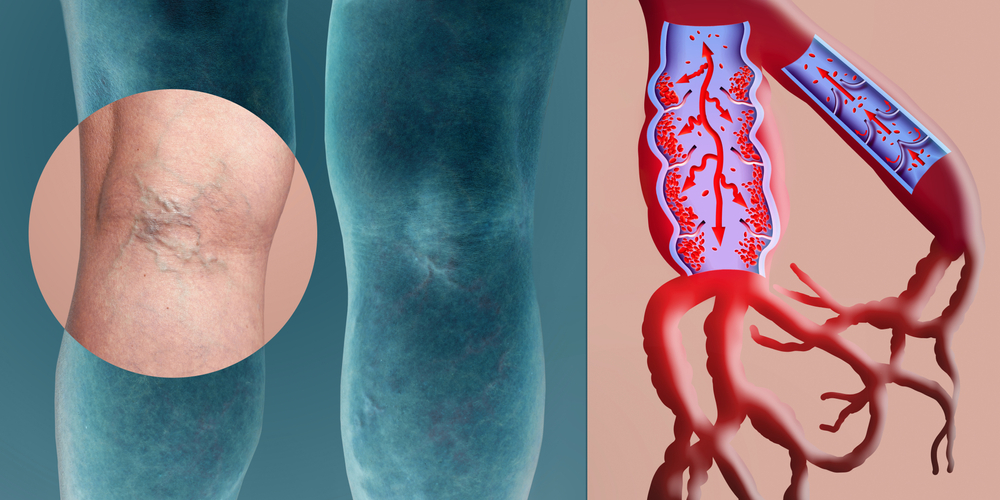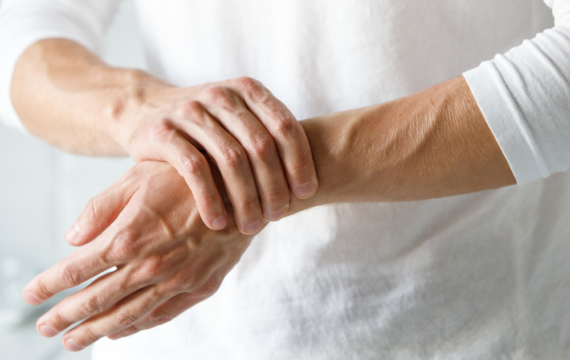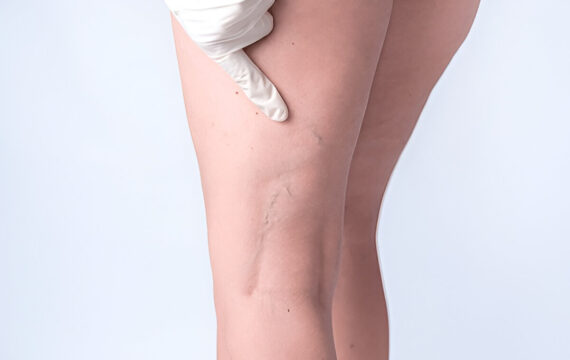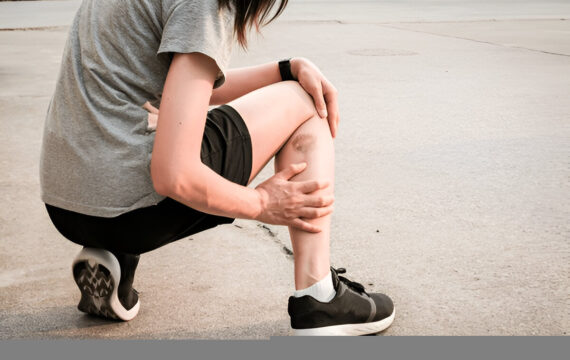Vein health is often overlooked until issues arise, yet it plays a vital role in maintaining overall wellness. Veins are responsible for returning deoxygenated blood back to the heart, and any disruption in this process can lead to complications. Common vein disorders, like varicose veins or spider veins, not only affect aesthetics but can also cause serious health risks. By identifying risk factors, you can take preventative steps to support your vein health. Here are six primary risk factors to be aware of in your journey to take control of your vein health.
1. Age
As we age, our veins naturally lose elasticity, and the valves in veins become weaker, increasing the likelihood of blood pooling and causing issues such as varicose veins. Aging veins also become more susceptible to damage, which can lead to chronic venous insufficiency (CVI), a condition where blood flow in veins is insufficient. People over 50 years old are especially at risk. Adopting healthy habits, like regular exercise and maintaining a healthy weight, can support vein health as you age.
2. Genetics
A family history of vein problems significantly increases your risk of developing similar conditions. Genetics can affect the structure and function of veins, making it more likely for some individuals to experience vein issues earlier than others. If you have close family members with varicose veins or DVT, it may be beneficial to proactively monitor your vein health with regular check-ups and adopt vein-friendly lifestyle habits.
3. Sedentary Lifestyle
Spending prolonged periods sitting or standing still can put excess pressure on the veins in your legs, as muscle activity plays a crucial role in blood flow. Lack of movement restricts the calf muscles’ ability to pump blood back to the heart effectively. Desk jobs, long commutes, or any role requiring you to stand in one position for hours can increase your risk of vein-related issues. Incorporating regular physical activity, such as walking, stretching, and taking breaks during long periods of sitting or standing, can counteract these effects.
4. Obesity
Excess weight puts additional pressure on veins, especially in the lower body. This pressure can weaken vein walls and valves over time, leading to blood pooling and vein dilation. Obesity also increases the risk of chronic venous insufficiency and can exacerbate existing vein issues. A healthy diet and regular exercise can not only help manage your weight but also strengthen veins and improve circulation.
5. Hormonal Changes
Hormonal changes, especially in women, can significantly impact vein health. Pregnancy, birth control pills, and menopause all introduce hormonal shifts that can weaken vein walls and valves. Pregnancy, in particular, adds pressure to veins in the pelvis and legs, increasing the risk of varicose veins and DVT. Taking care of your vein health during these times, by wearing compression stockings or engaging in light exercises, can reduce risks and support vein function.
6. Smoking
Smoking is linked to numerous vascular problems, including vein health. The chemicals in cigarettes can damage blood vessels, leading to inflammation, reduced blood flow, and increased risk of blood clots. Smoking is a known risk factor for DVT and CVI, as it promotes plaque buildup and can impair vein elasticity. Quitting smoking can have immediate benefits for blood circulation, improve vascular health, and lower the risk of vein-related issues.
Conclusion
Knowing these risk factors allows you to make informed decisions to support your vein health:
- Stay Active: Exercise regularly to keep your veins healthy and enhance circulation.
- Wear Compression Stockings: Especially if you have a family history of vein issues, compression stockings can improve blood flow in the legs.
- Maintain a Healthy Weight: This reduces strain on your veins and lowers the risk of vein problems.
- Avoid Prolonged Sitting or Standing: Take regular breaks to reduce pressure on the veins in your legs.
Taking control of your vein health requires awareness of these risk factors and commitment to a lifestyle that supports vein wellness.




